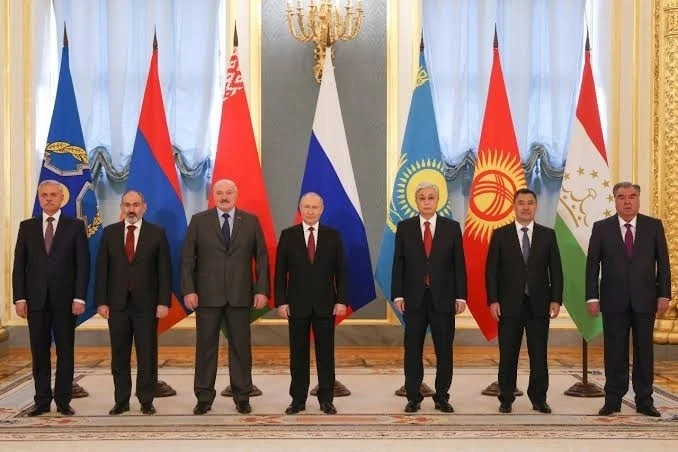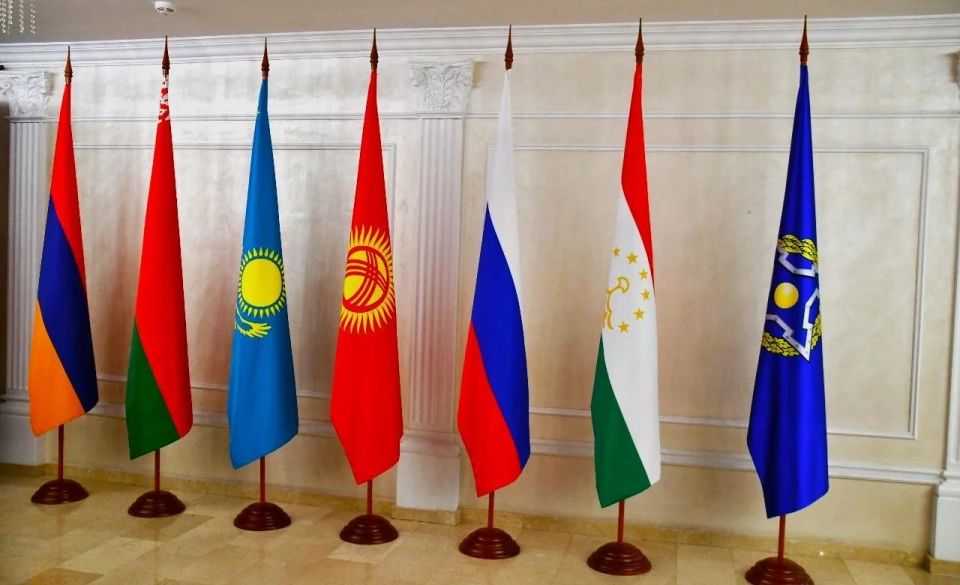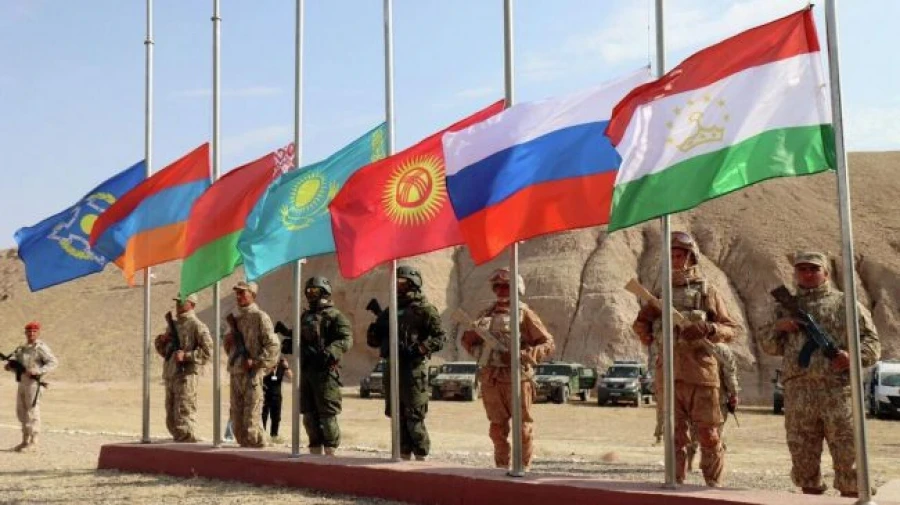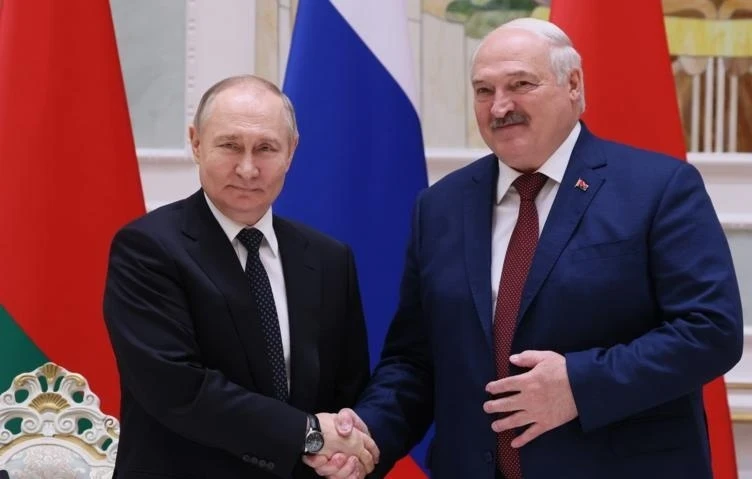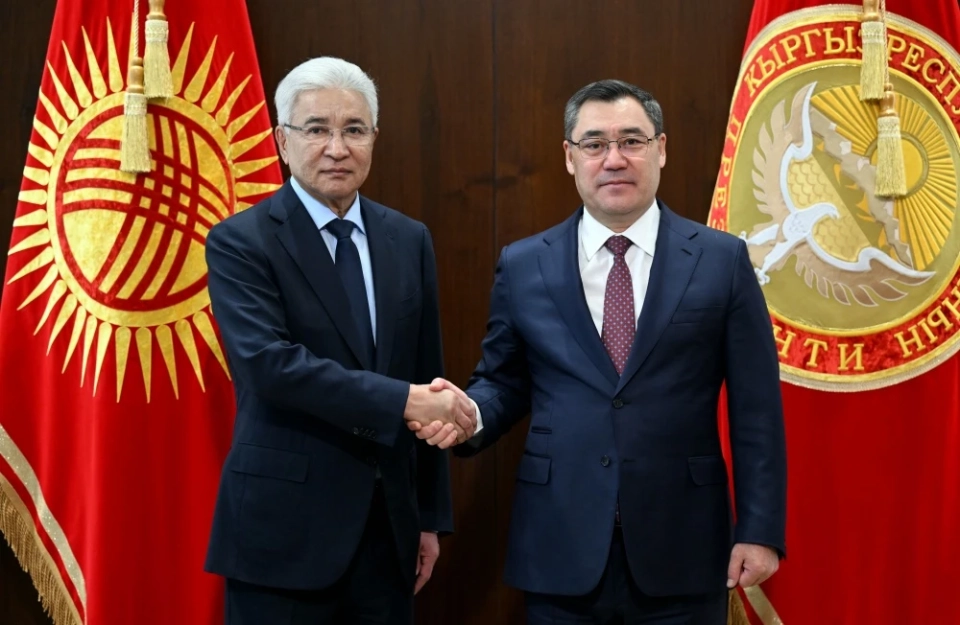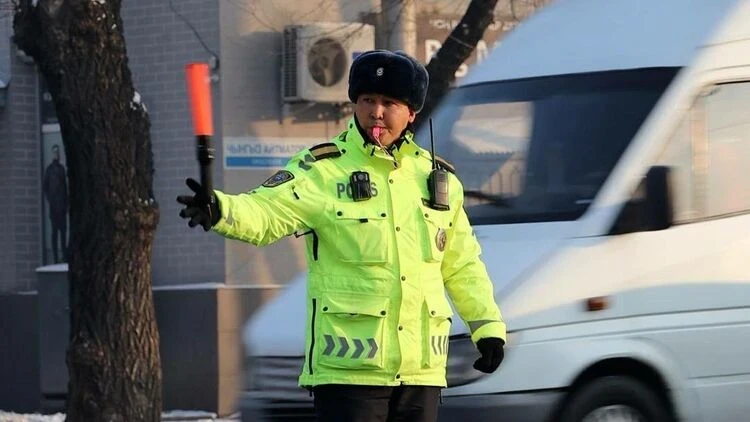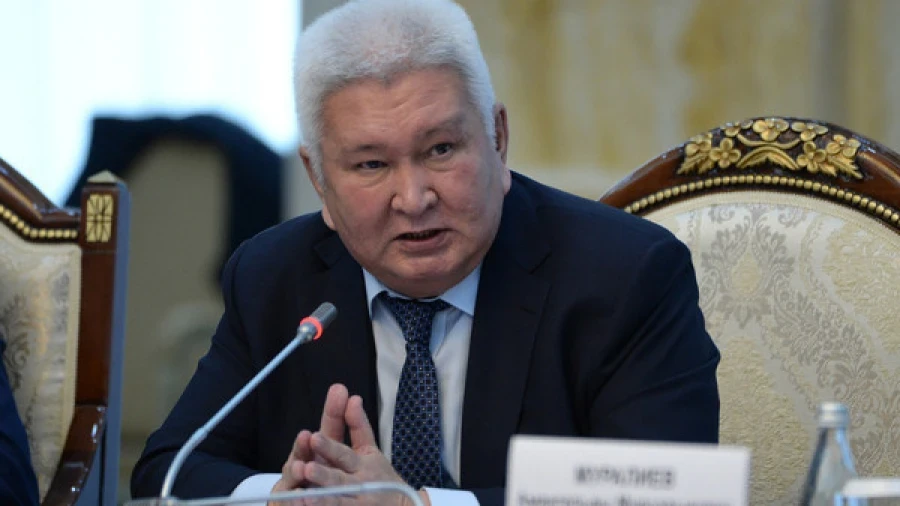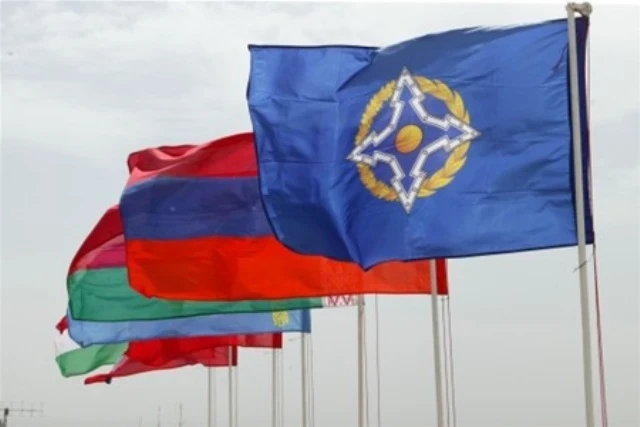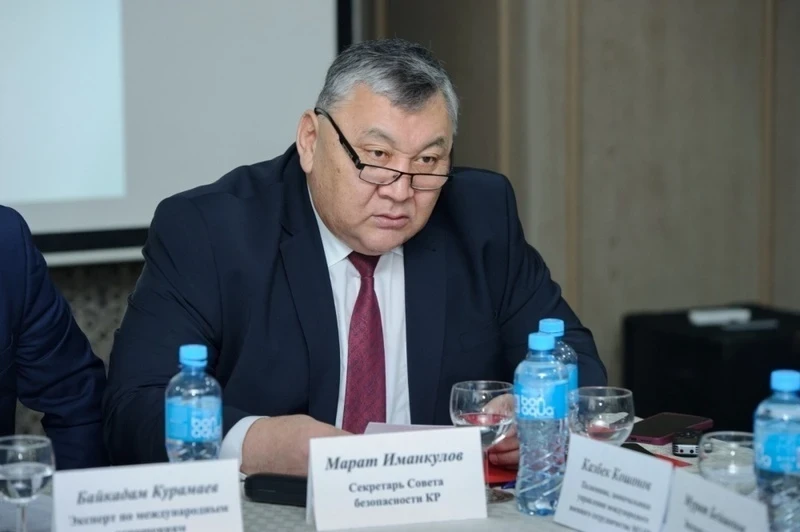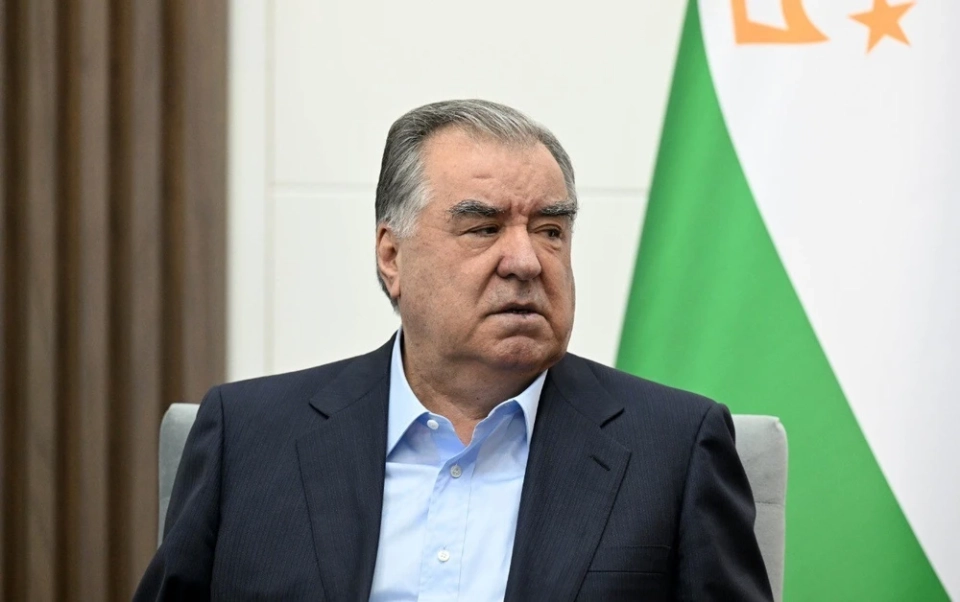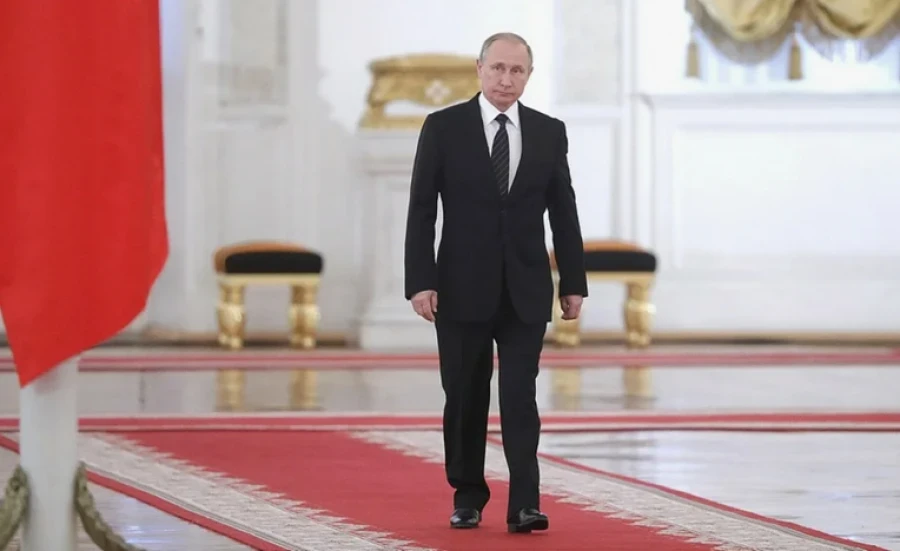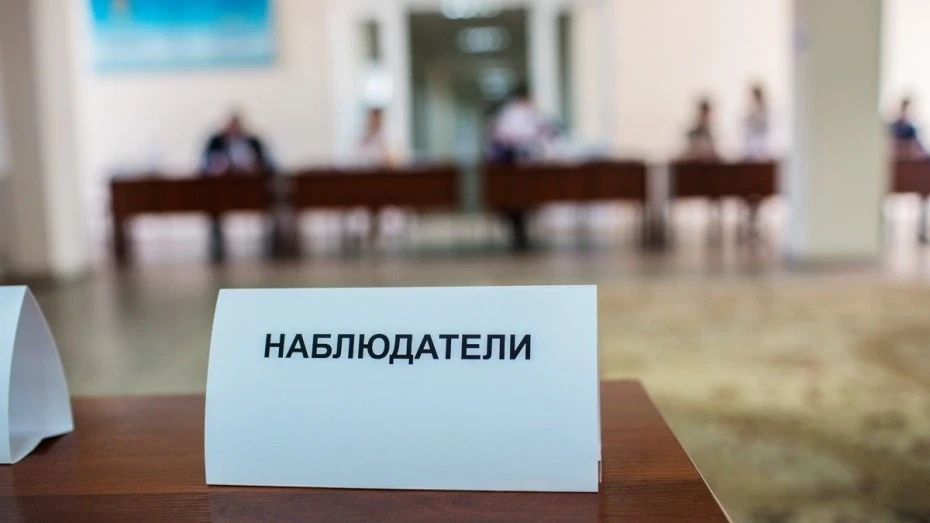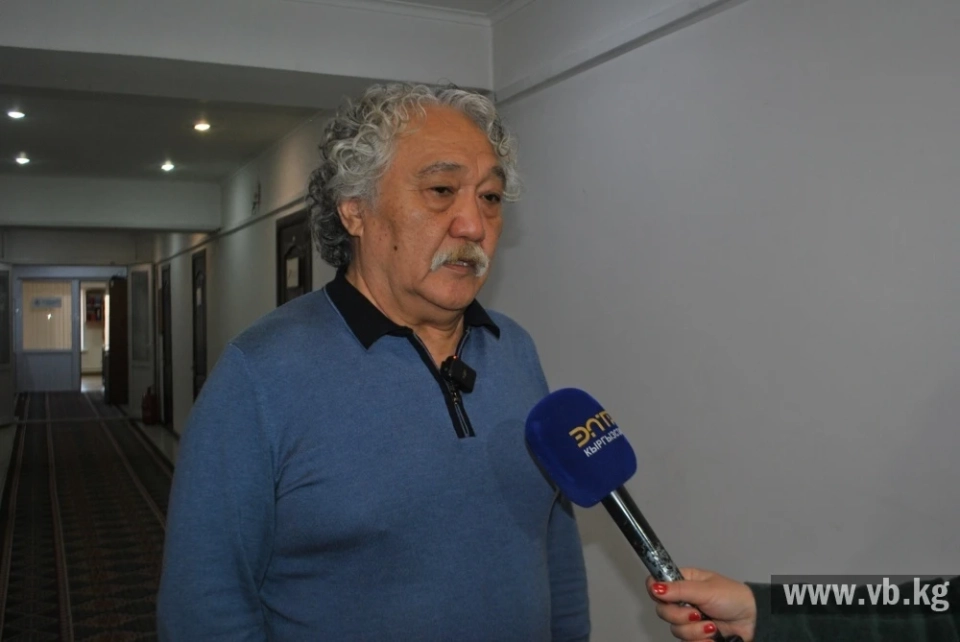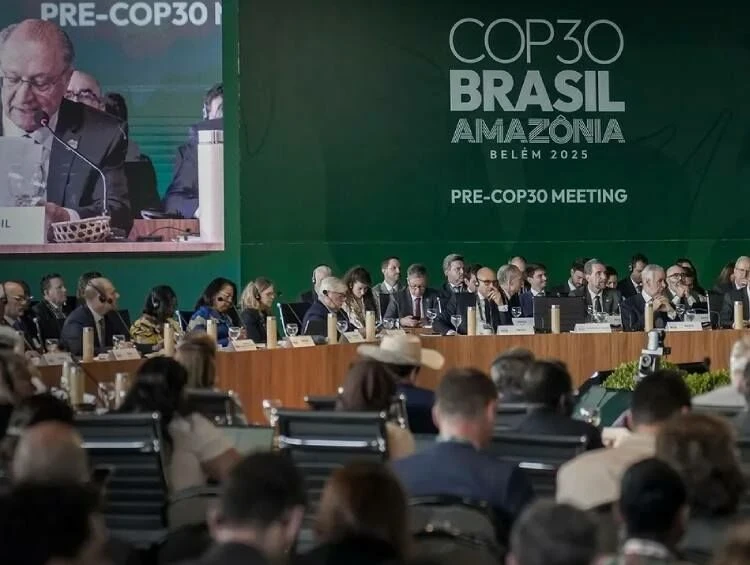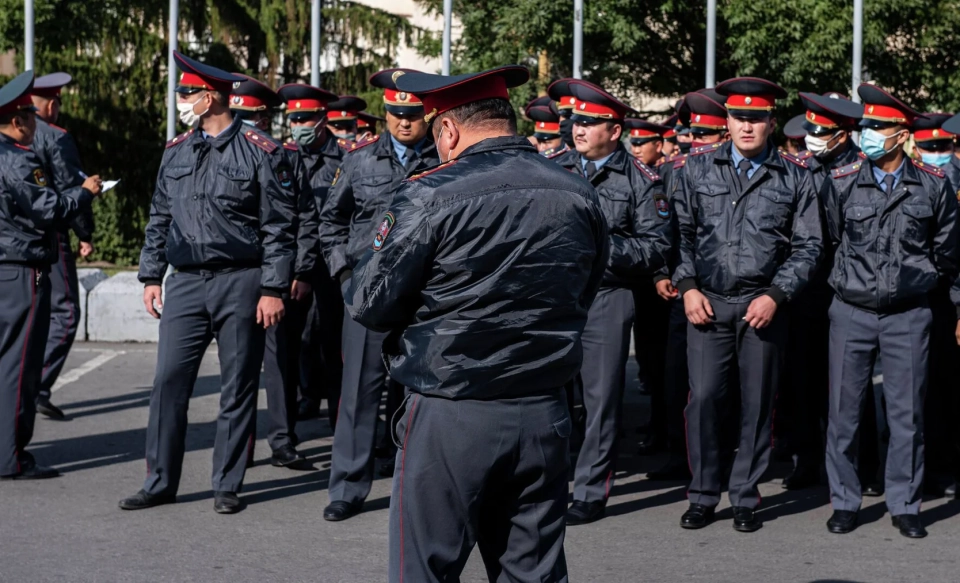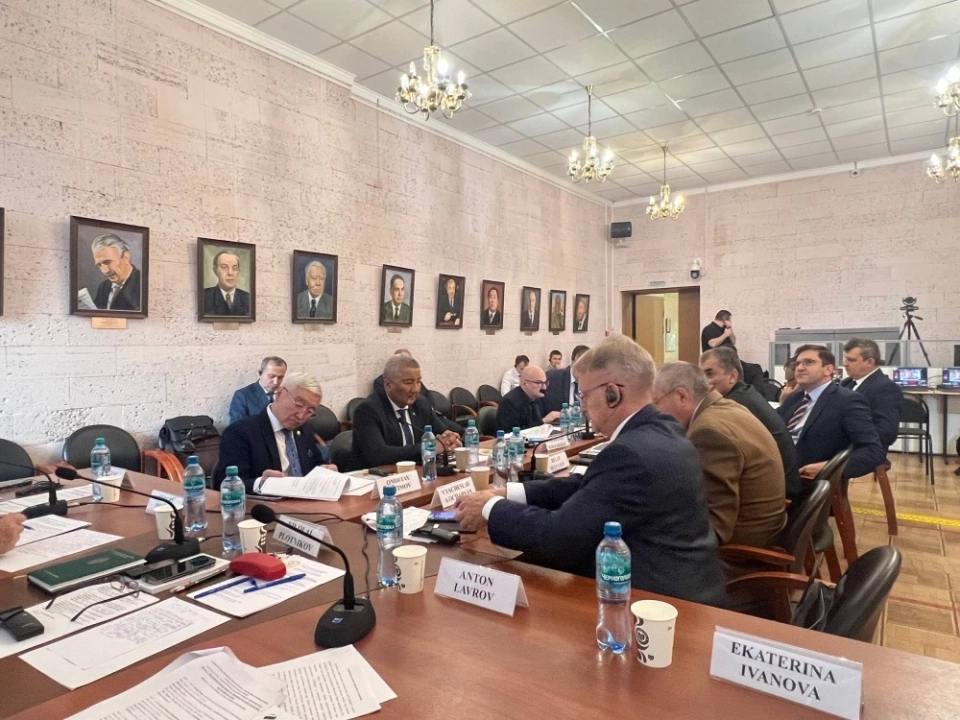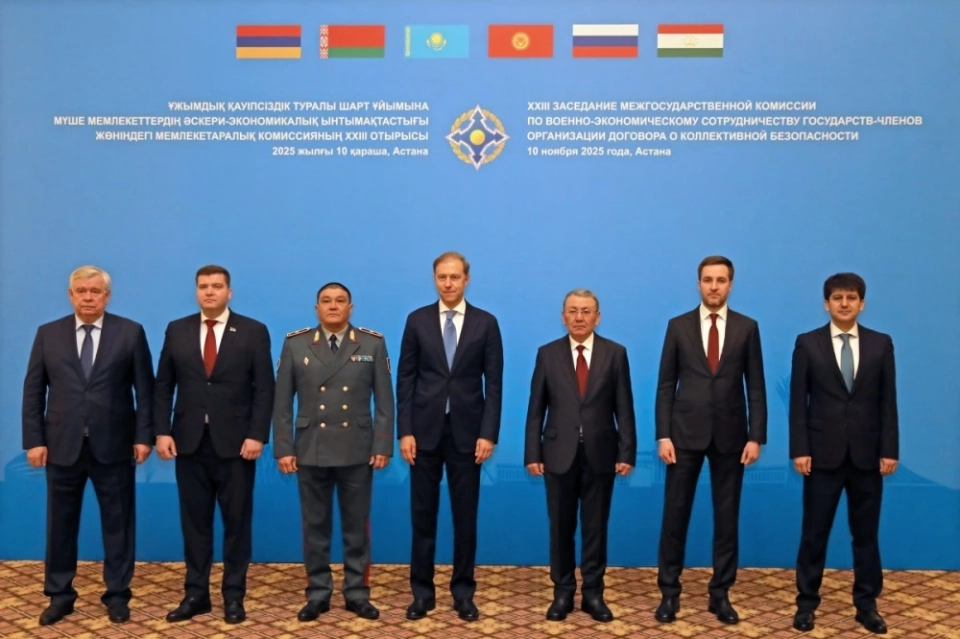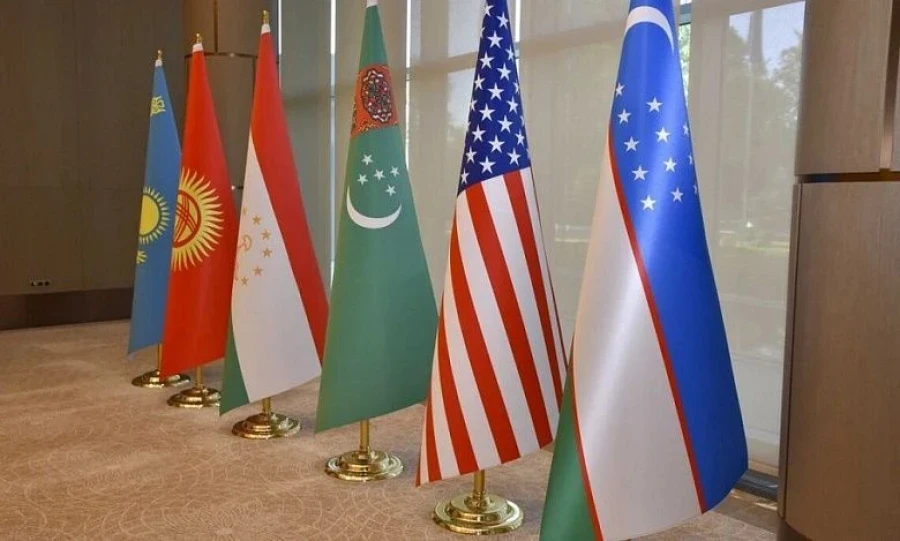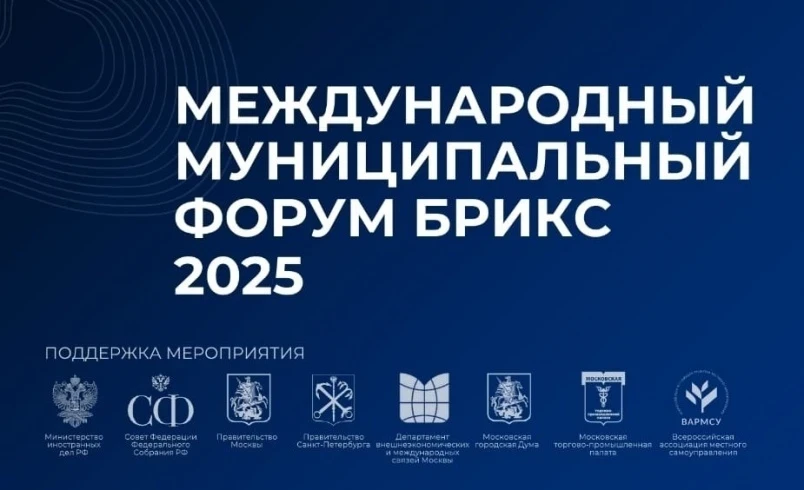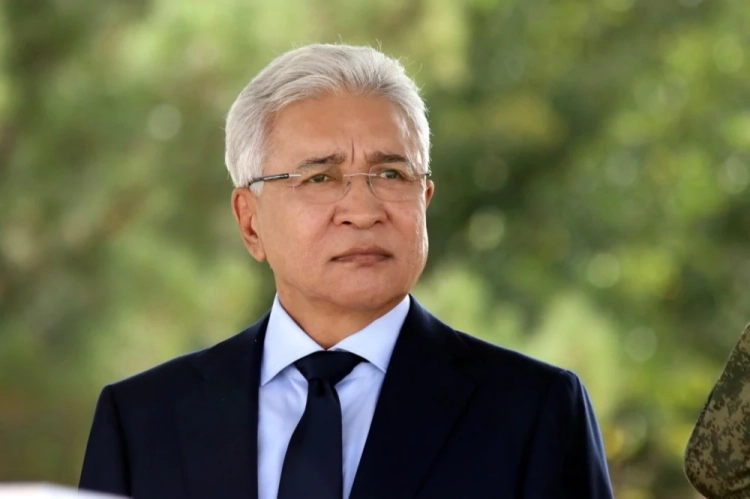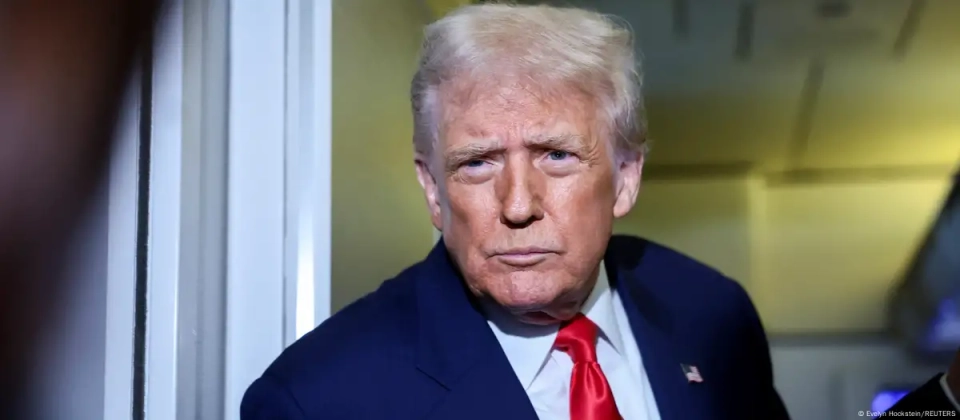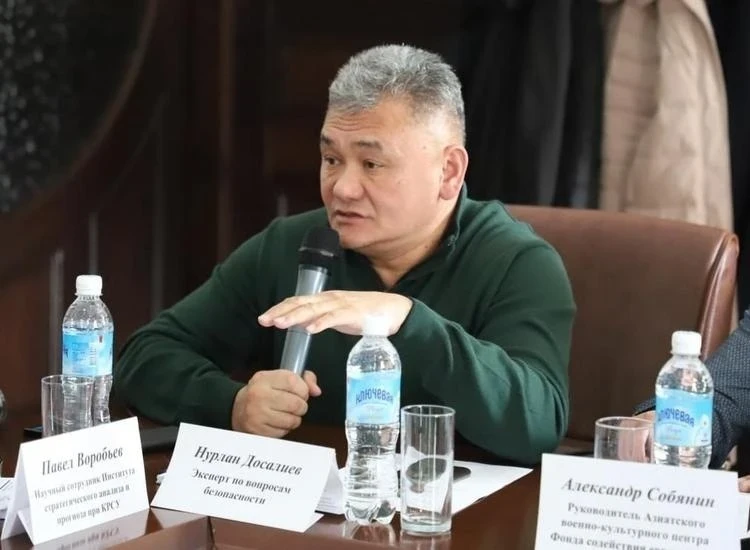
At the end of November, Bishkek will once again be at the center of significant Eurasian discussions. The leaders of CSTO member states will gather in the capital, and this summit promises to be more substantive than the usual international meetings. In a rapidly changing world with increasing threats, what happens in Bishkek will affect not only diplomats and experts but also every citizen of Kyrgyzstan.
The significance of the summit for Kyrgyzstan
Organizing such an event is not just a meeting of delegations, but a sign that Bishkek is becoming a platform for discussing relevant issues, rather than just a place for passive listening. Kyrgyzstan is actively engaging in regional politics, and this summit provides a unique opportunity:
- to demonstrate that the country is capable of conducting serious negotiations;
- to strengthen its status as a reliable partner in the field of security;
- to convey to allies that Central Asia is facing specific challenges;
- to establish new bilateral ties, which will contribute to the economy, education, and security.
Thus, for a small country, this is not just a matter of prestige, but a real opportunity to influence international processes.
The topics of discussion at the summit, although they sound serious, relate to practical aspects: primarily, these include strengthening border security, creating more mobile rapid response forces, improving intelligence sharing, and coordinating actions in the fight against terrorism.
CSTO countries are striving to develop a level of interaction that allows for rapid responses to emerging crises and their prevention.
Expert opinion on the role of the CSTO
However, not everyone supports Kyrgyzstan's participation in the collective security system. Some argue that the republic can manage without the CSTO. But those who have faced real threats have a different opinion. Veteran of the security services, Colonel Nurlan Dosaliev, believes that such statements come from either underdeveloped individuals or provocateurs.
He emphasizes: "If it weren't for the CSTO, our region could repeat the fate of Afghanistan or Syria. This is quite obvious."
Dosaliev also cites the events in Kazakhstan in January as an example: "There was a takeover of the airport — this was not spontaneous. It indicated the presence of a clear plan. The arrival of militants from another country, which I cannot name, was expected. The scenario was much larger than it seems. Even in our case, despite all the unrest, the airport was never taken over. Kazakhstan went for this, counting on reinforcements. However, with the arrival of CSTO collective forces, this entire scheme collapsed."
According to him, such examples highlight the necessity of a collective response mechanism.
He also points to the threats emanating from Afghanistan: "More than 20 extremist groups operate in that country, with over 15,000 militants linked to ISIS, as well as a developed drug trafficking network supporting their activities. These threats are just a few hundred kilometers from our borders."
Therefore, when the CSTO is spoken of negatively, it makes me regret for our people, who have such leaders," he adds.
The potential of the summit in Bishkek
Security encompasses not only military aspects but also predictability, stability, and the assurance that the country will not face a crisis unexpectedly. Everyone would agree that in conditions where conflicts can flare up at any moment, such assurance is of immense value.
The upcoming summit is a step towards creating a more peaceful and stable region. For ordinary citizens, this means greater stability and fewer risks associated with wars and crises in neighboring countries.

